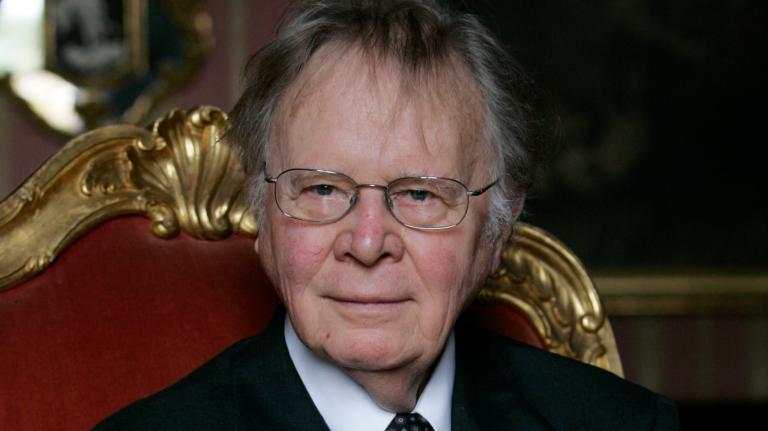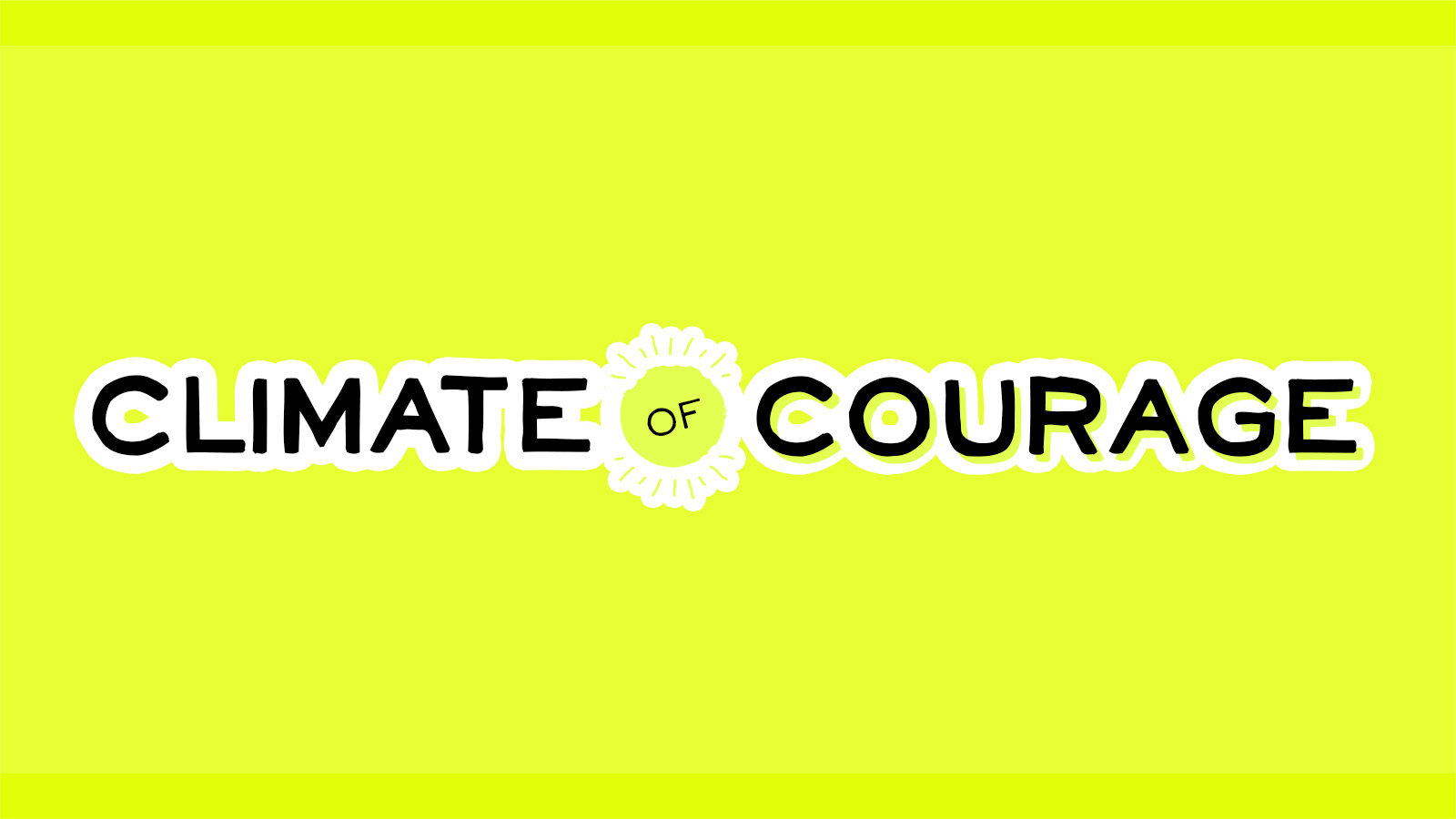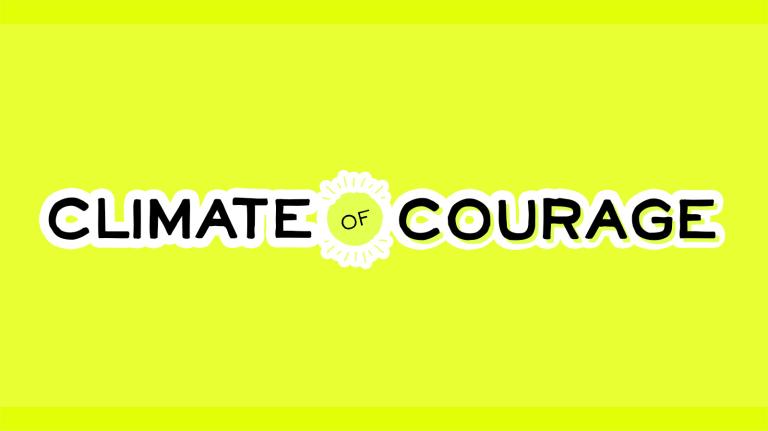There’s a new book by David Wallace-Wells called The Uninhabitable Earth. If its title alone is enough to send shivers down your spine, that’s by design. The book’s main goal on climate change, in the words of its author, is to motivate people to “read it, talk about and debate it, be scared and moved and mobilized into action.”
And Wallace-Wells has a point. We routinely underestimate how severely global warming impacts people today, and likely near-future scenarios vary from bad to really, really bad.
That said, as I’ve written before, “if you’re trying to motivate people, scaring the shit out of them is a really bad strategy.” Your brain literally can’t perceive reality accurately in that state of heightened anxiety. Just ask anyone who has ever had a panic attack. It isn’t fun. Fear shouldn’t be what we strive for.
A relatively new term, “pre-traumatic stress disorder,” is now being used to describe the intense despair that can surround people’s contemplation of climate change, environmental loss, and existential threats.
Climate change is not the first existential threat people have faced. A recent essay by Mary Annaïse Heglar eloquently makes this clear, pointing to the constant threat of violence and dehumanization experienced by African Americans in the Jim Crow-era South. She writes: “Imagine living under a calculated, meticulous system dedicated to and dependent on your oppression, being surrounded by that system’s hysterical, brainwashed guardians. … How’s that for existential?”
We shouldn’t fight climate change because we think we will win, or even because we are afraid of it, Heglar writes. “You fight it because you have to. Because surrendering dooms so much more than yourself, but everything that comes after you.”
And when it comes to climate change, people are fighting. An ascendent global youth movement is now the embodiment of courage when it comes to climate action. Ideas that seemed radical until just recently have quickly fallen away for a truly revolutionary scale of action.
Is Heglar scared of climate change, as Wallace-Wells says she should be? Of course, she says. But her closing words are ones we should all live by: “Nothing scares me more than climate change, but I made up my mind to face it head-on — because of my debt to future generations and to previous generations.” It’s courage, not fear, that will bring about the long overdue world we all need.




